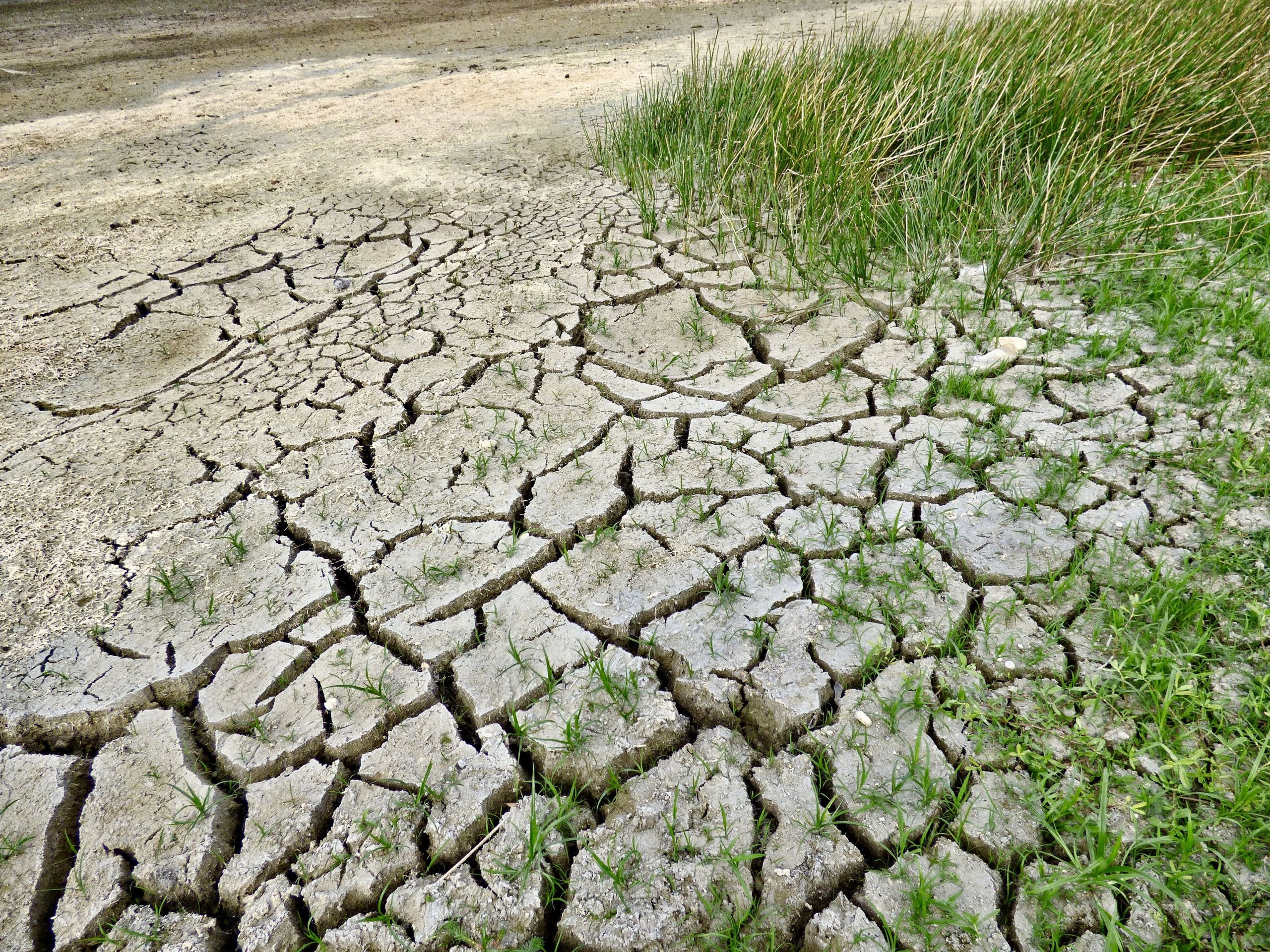Don’t let the fear of ‘Greenwashing’ prevent Environmental Action
What is the definition of Greenwashing?
Greenwashing is a term used to describe the practice of a company, or other entity under media scrutiny, inflating its green credentials to improve its environmental image. It may occur either intentionally or accidentally.
The impact of greenwashing is two-fold:
- It can encourage potential customers who count environmental impact as an important factor into purchasing a company’s product or supporting an entity’s actions based on false claims,
- It slows down the rate of real environmental change, with money being invested in actions that are not improving the health of our environment and planet.

Carbon Credits – Supporting Renewable Energy Projects in Developing Countries
An important outcome of the latest United Nations’ Climate Change Conferences (COP 27 & COP28) is the advancing work on climate change mitigation and recognising the urgency of accelerating just transitions.
A just transition in climate change is broadly defined as ensuring that no one is left or pushed behind in the transition to low-carbon and environmentally sustainable economies and societies. This requires that climate financing commitments are met, loss and damage compensated for, and mitigation undertaken in accordance with the Paris Agreement (the legally binding international treaty on climate change adopted at COP21 in Paris), without shifting the burden to developing countries. How can this be achieved?
With just transition in mind, we believe that financing the renewable energy transition in developing countries has never been more important. And this is precisely what the voluntary carbon offset market is designed to do. The sale of validated and authorised carbon credits provides green energy projects in developing countries with the financing required to come to fruition.
Carbon Offsetting – Positive Environmental Action
In recent times, the topic of greenwashing has garnered increased scrutiny for players in the voluntary carbon market, including the carbon registries that certify carbon offset projects. The validity of carbon registries and the projects they qualify have been particularly tested and even put under the spotlight by popular shows such as John Oliver’s Last Week Tonight.
It is imperative that we don’t let the fear of being accused of greenwashing prevent us from taking action. Genuine carbon offset projects are positive for the environment, but careful project selection is crucial. The good news is, there are carbon registries out there with a great reputation and an established international presence – it just requires expertise and due diligence to ensure they are legitimate, and this is precisely what Yacht Carbon Offset’s service offers.
To avoid inadvertently supporting a carbon offset project that could be labelled ‘greenwashing’ Yacht Carbon Offset undertakes rigorous analysis to ensure that the projects we offer to our customers are of the highest quality: we scrutinise the project documentation; we only support projects that are validated by reputable International Registries; wherever possible we speak to on-site project personnel; and we focus on renewable power projects, due to the fact that forestry projects are more susceptible to greenwashing claims.
This is why Yacht Carbon Offset is a key asset for the superyacht community. We have done our homework and know what’s what when it comes to carbon offsetting. The projects we support have been carefully selected for the superyacht community and our maritime clientele. The projects are primarily located in coastal or island settings and play a pivotal role in safeguarding the global environment and fostering sustainable development within the local communities of nations requiring external financial assistance. The selection of these projects reflects our commitment to addressing the overarching challenges of climate change and the specific needs of communities in environmentally sensitive areas.
So please speak to us if you have questions or concerns about greenwashing and the voluntary carbon market.
Financing for developing countries’ renewable energy projects through the process of carbon offsetting is on the rise, and support from the superyacht community is no exception. We will continue to support our clients by making the carbon offset process as quick and simple as possible, and by selecting projects that make positive social and economic benefits on the communities where they are located.

